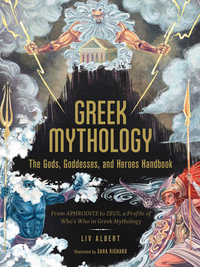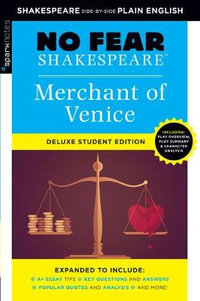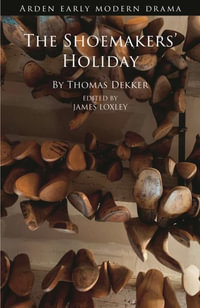In this study, Kari Boyd McBride defines "country house discourse" as a network of fictions that articulated and mediated early modern concerns about the right use of land and the social relationships that land engendered. McBride provides new perspectives on the roles of the discourse she identifies, linking it with a number of larger historical shifts during the time period. Her interdisciplinary focus allows her to bring together a wide range of material-including architecture, poetry, oil painting, economic and social history, and proscriptive literature-in order to examine their complex interrelationship, revealing connections unexplored in more narrowly focused studies. McBride delineates the ways in which the country house (on the landscape and in literature) provided a locus for the construction of gender, race, class, and nation. Of particular interest is her focus on women's relationships to the country house: their writing of country house poetry and their representation in that literature; their designing of country houses and their lives within those architectural spaces (whether as lady of the house or domestic servant).
One of the most important and promising insights in this study is that country house discourse was not simply static and nostalgic, but actually worked to mediate change. All in all, she presents a fresh and detailed study of the great disparities between country house reality and the ideals that informed country house discourse.
Industry Reviews
'Seamlessly weaving the findings of social historians into exciting and insightful readings of both famous and lesser known country house poems, McBride brings much recent work on gender and race into a dynamic dialogue with an older body of critical work on the country house, demonstrating beyond a doubt the indispensability of new figurations of femininity and racial subjection to the illusion of timeless legitimacy which is the hallmark of country house discourse. This book will be sought after by everyone interested in the cultural poetics of the English Renaissance.' Lorna Hutson, Professor of English Literature, University of California at Berkeley 'This is an outstanding contribution to the study of discourse concerning the English country house and its imaginative and ideological resonances in the history of modernity. McBride has provided a valuable synthesis of existing research on the country-house genre in English literature while presenting illuminating new readings of her own and expanding the textual domain in which country-house discourse can be seen to operate. One strikingly original aspect of this fine book lies in its approach, a combination of traditional literary scholarship with methods of discourse analysis developed in cultural studies. The interpretive power of McBride's approach is enhanced by references to research in social and economic history, and by judicious use of current theoretical models concerning gender, race, and class in the formation of modern subjects. In addition to its importance for Renaissance and early modern scholarship, this highly readable, exemplary study will be of interest to scholars in other fields where research focuses on how discourse functions in strategies of legitimation.' Don Wayne, University of California at San Diego 'excellent book...adds new richness to the understanding of classic texts...a work of original synthesis that college & university libraries will wish to own.' Choice 'Set alongside older discussions of the country house, McBride's book is an outstanding contribution to the fields of early modern cultural poetics and social semiotics.' Renaissance Journal '... a detailed and interdisciplinary study that brings together social and literary history in the most illuminating way... McBride introduces new material and, more importantly, aspects of gender and race into the discussion that have hitherto been ignored. As such, it is an inspiring complement to existing studies of country house literature.' Utopian Studies
























